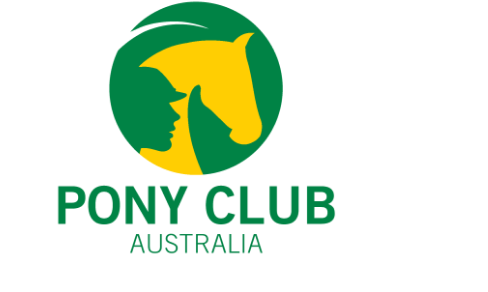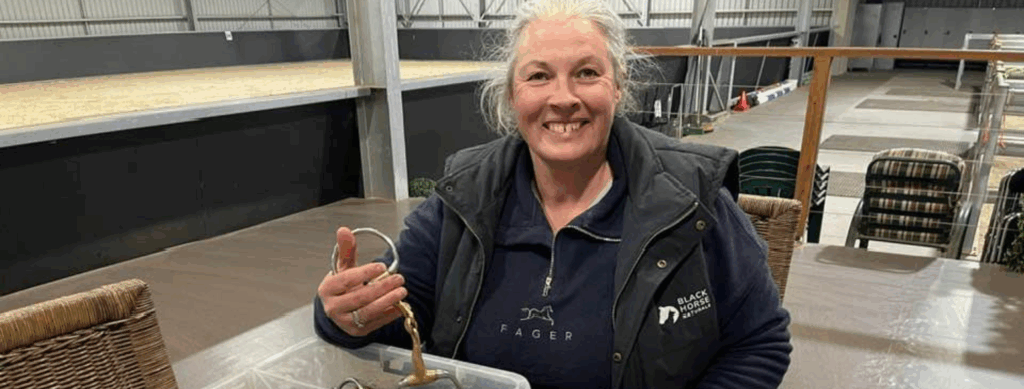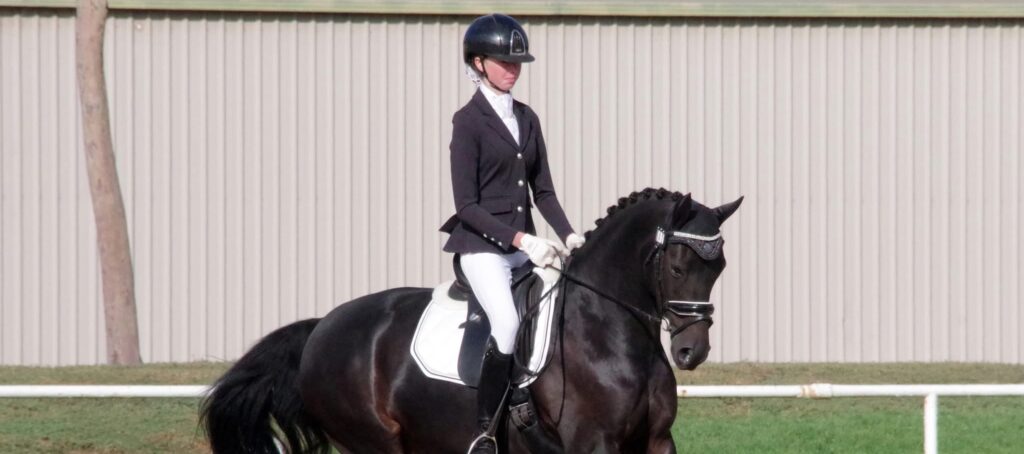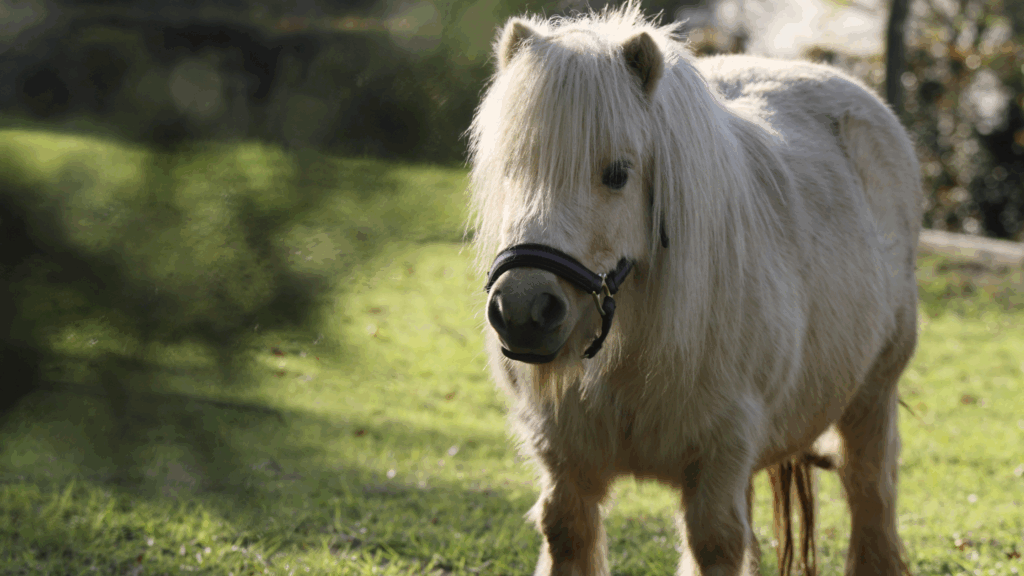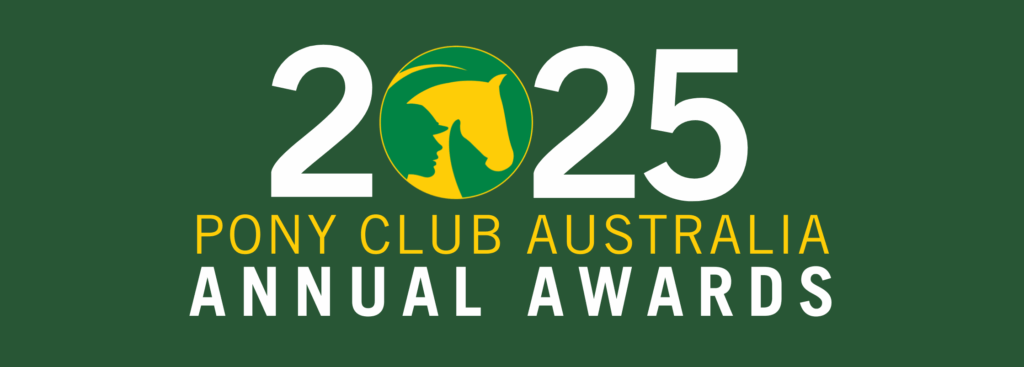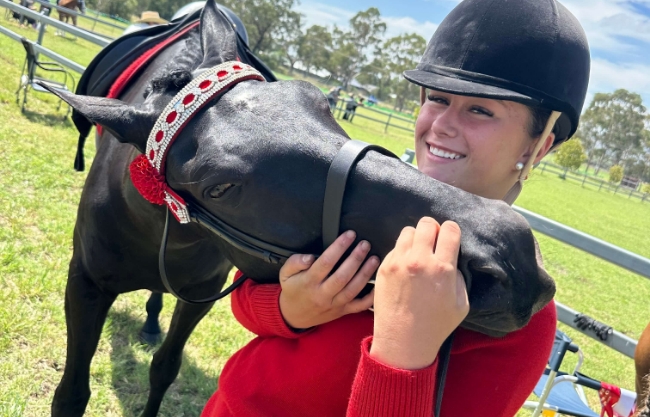When it comes to horse care, nutrition isn’t just about what goes into the feed bin. It’s also about how that feed and water is delivered. In Domain 1: Nutrition of the Pony Club Australia Horse Welfare Policy, we remind all members to:
- Feed from clean, suitable, non-spillable containers
- Check the water supply at least once daily
This week, we’re taking a closer look at why this matters — drawing on advice from Kentucky Equine Research (KER) in their article “Cleaning Horse Feed Tubs and Buckets”
Why Clean Containers Matter
KER highlights a simple truth: horses don’t complain about dirty buckets, but they do suffer the consequences. Left unchecked, grime, algae, or contamination can:
- Spoil good feed — sticky residue or mould can make rations unpalatable or even unsafe.
- Discourage drinking — water with an odour, scum, or debris may reduce intake, raising the risk of dehydration or colic.
- Spread parasites and pathogens — horses can reinfest themselves with worms or ingest bacteria and viruses from contaminated water.
- Attract pests — flies and insects are drawn to sugary residues, increasing irritation and disease risk.
As KER notes, “spick-and-span feed and water containers are a hallmark of a well-managed stable” — not for appearances, but for health.
Feed Containers: Buckets, Tubs and Troughs
Different feeds leave behind very different residues, and the cleaning schedule should reflect this.
- Pellets and oats: Generally clean, leaving only dust or husks. Buckets may need scrubbing only weekly.
- Molasses-based feeds, oils, or supplements: Quickly coat buckets in sticky film. In summer, tubs may need scrubbing once or twice a week to prevent grime, flies, and spoilage.
- Custom mixes or wet feeds: Anything involving chopped forage, beet pulp, or dampened feed can leave behind residue that moulds quickly if not removed.
PCA Tip: Choose feed containers made of smooth, durable plastic or heavy-duty rubber. These are easier to scrub than wood or porous surfaces, which can trap bacteria.
Water Buckets and Troughs
Water hygiene is even more critical than feed hygiene. Horses typically drink 25–45 litres per day, and even a slight drop in intake can cause serious health problems.
- Stabled horses: KER recommends daily scrubbing of water buckets. Horses that dunk hay create “hay soup” that must be emptied every day, while any bucket contaminated with manure should be washed immediately with detergent.
- Pastured horses: Stock tanks should be scrubbed at least weekly — more often in summer, when algae and mosquito larvae thrive. Concrete or large troughs that can’t be tipped should be scrubbed out with a broom or long-handled brush.
- Automatic waterers: Daily checks are vital to ensure they are functioning properly. Even when water is flowing, grit and algae can accumulate in the bowls and must be removed.
KER warns that if horses find water unpalatable, they may drink less or avoid it altogether, with potentially dangerous consequences.
Seasonal Considerations
- Summer: Heat accelerates algae growth, fermentation of feed residues, and insect activity. More frequent scrubbing is essential.
- Winter: Cold weather shouldn’t mean skipping cleaning. Horses often drink less in cooler conditions, so clean, palatable water is even more important to maintain intake.
- Freezing climates: Avoid splashing water onto snaps or metal fittings when removing buckets; once frozen, hardware may seize and become unusable the next day.
Cleaning Tools and Methods
KER recommends keeping it simple:
- Stiff-bristled brush or broom — kept specifically for feed and water buckets.
- Mild detergent — dishwashing liquid or laundry detergent (never harsh chemicals).
- Plenty of clean water — rinse thoroughly until all suds are gone.
Occasional disinfection is appropriate:
- Diluted bleach (following the dilution instructions on the bottle) left in the bucket for 10–12 minutes before rinsing.
- Veterinary antiseptic and disinfectant products may also be used where extra biosecurity is required.
Good Habits for Every Horse Owner
To put PCA’s Horse Welfare Policy into practice, build these habits into your daily and weekly routines:
- Check water daily — for both quantity and quality.
- Empty before topping up — never add clean water on top of dirty.
- Clean feed tubs weekly (or more often if sticky feeds are used).
- Teach younger members — cleaning buckets is a vital welfare skill, not just a chore.
- Rotate scrubbing days — e.g., feed tubs mid-week and weekend, troughs on Saturday.
Key Takeaway
Good nutrition starts long before the feed scoop reaches your horse. By following Pony Club Australia’s Horse Welfare Policy — and heeding the practical advice from Kentucky Equine Research — you can help ensure your horse receives clean feed and fresh water every day.
- Read the full KER article: Cleaning Horse Feed Tubs and Buckets
At Pony Club Australia, we remind all our members: feed clean, water clean, and check daily. Small habits, big welfare outcomes.

